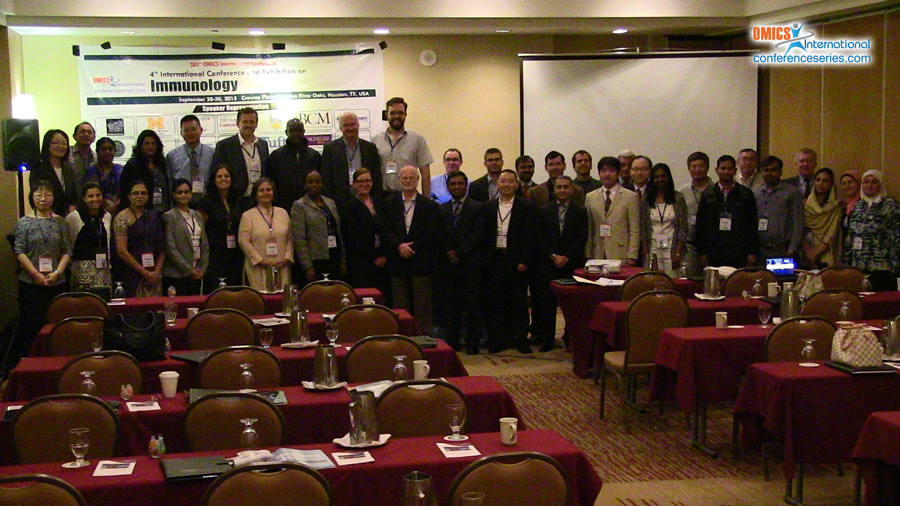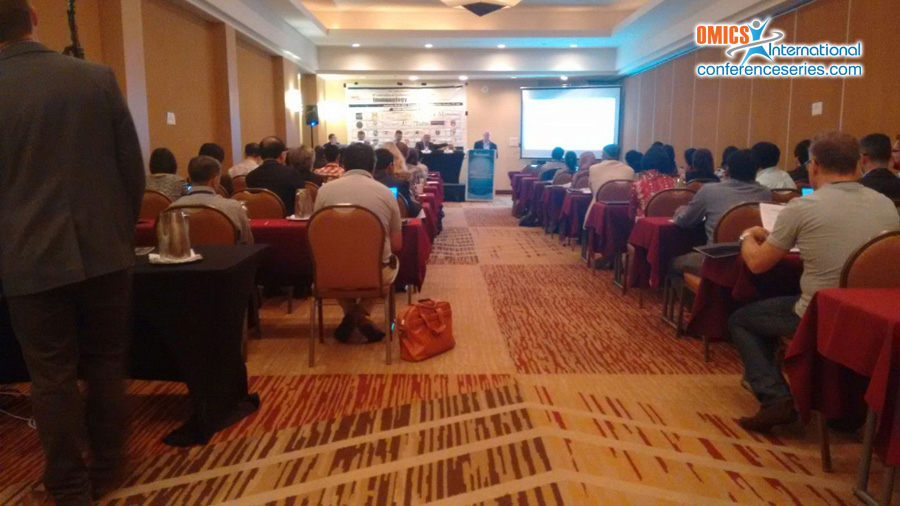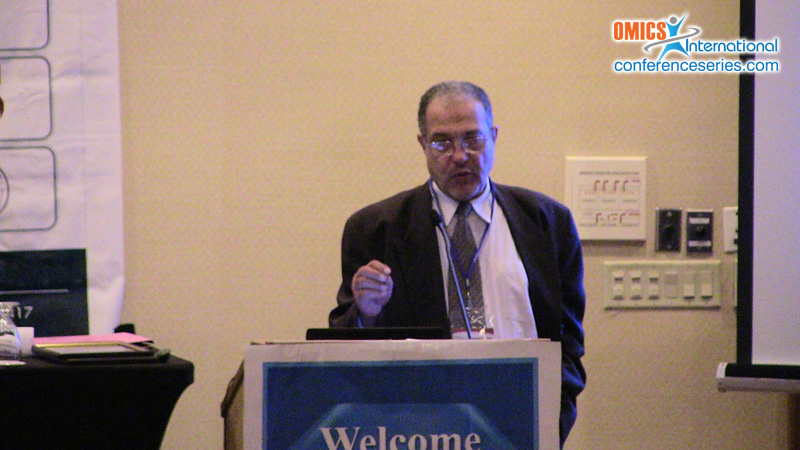
Biography
Biography: Ahmed G Hegazi
Abstract
Apitherapy (the term comes from the Latin apis, which means "bee."), or bee therapy, is the use of honey bee products for therapeutic purposes. Bee venom, bee pollen, raw honey, royal jelly, and propolis are products from bees that are generally considered to have medicinal effects. Now days the apitherapy has great interest of biologist, medical doctors and scientist due to their biological and phytochemical as well as pharmacological activities, so the aim of this review was to through more light on the role of bee products and their influence on cytokines. The term cytokine encompasses a large and diverse family of polypeptide regulators that are produced widely throughout the body by cells of diverse embryological origin. Cytokines participate in many physiological processes including the regulation of immune and inflammatory responses. Cytokines include chemokines, interferons, interleukins, lymphokines, tumor necrosis factor but generally not hormones or growth factors. Cytokines are produced by a broad range of cells, including immune cells like macrophages, B lymphocytes, T lymphocytes and mast cells, as well as endothelial cells, fibroblasts, and various stromal cells; a given cytokine may be produced by more than one type of cells. They act through receptors, and are especially important in the immune system; cytokines modulate the balance between humoral and cell-based immune responses, and they regulate the maturation, growth, and responsiveness of particular cell populations. Some cytokines enhance or inhibit the action of other cytokines in complex ways. Bee products contain physiologically active substances from floral origin of honey bee and plants origin. Bee products act upon both innate and adaptive immune response. At different levels, in the human innate response, these compounds suppress DNA synthesis, decrease proinflammatory cytokine synthesis (IL-2, IL-12 and IL-4), inactivate both the classical and alternative complement pathway, and decrease superoxide anion production in rabbit neutrophils. In adaptive immune response, propolis and honey induce the increase of antibody production by plasma cells, enhance the secretion of TGF-β after the activation of T regulatory cells.
Speaker Presentations
Speaker PDFs
Speaker PPTs Click Here




